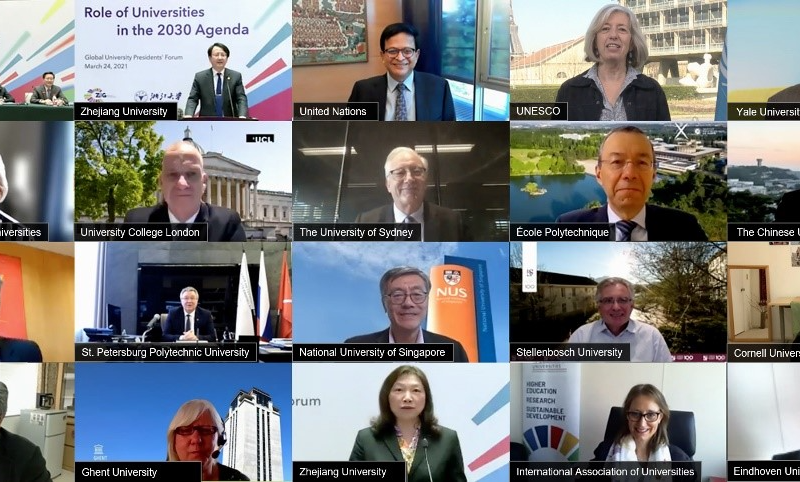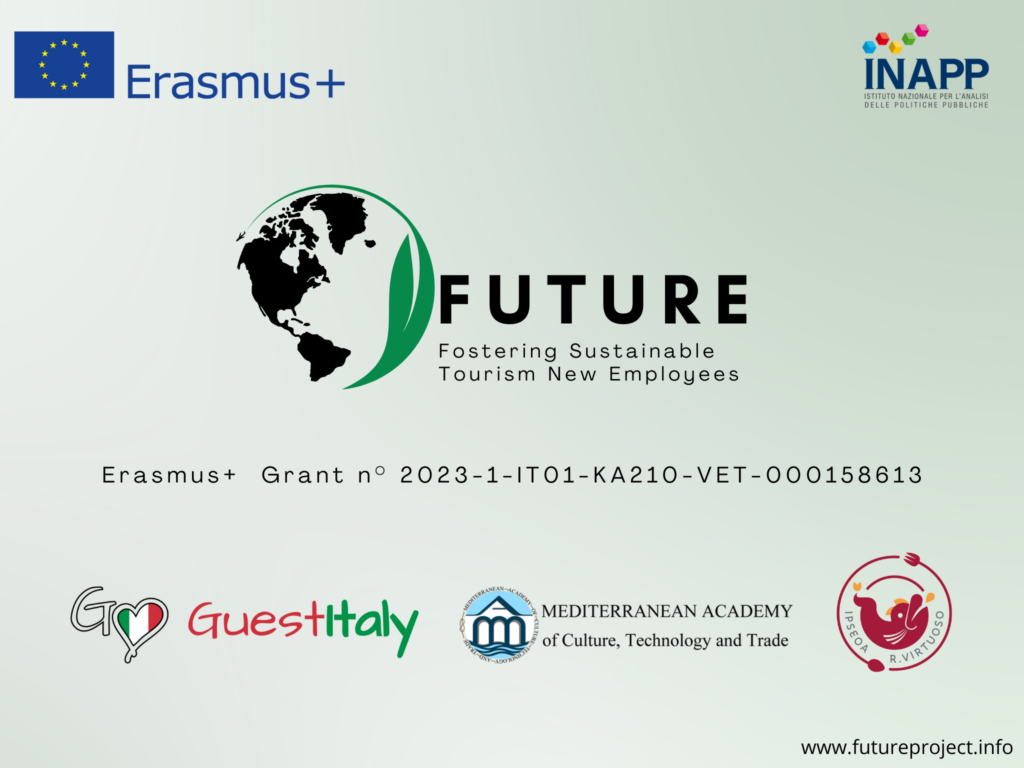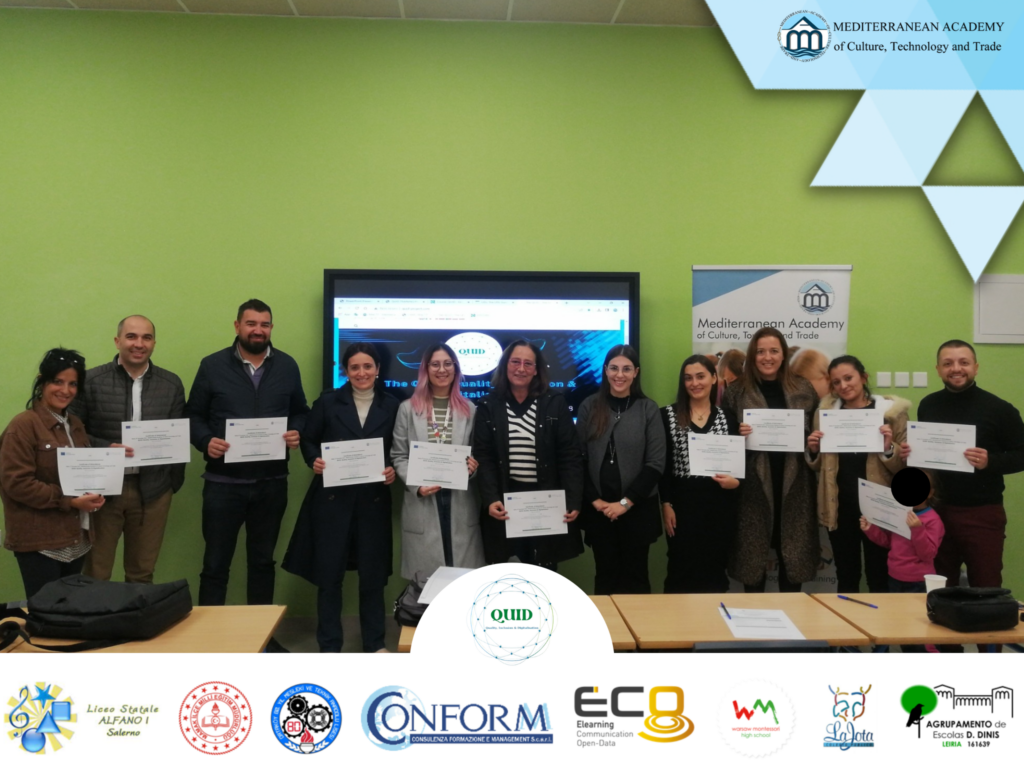University presidents from 30 countries have signed a ‘Joint Statement of Global University Leaders on the 2030 Agenda for Sustainable Development’, witnessed by United Nations officials. At what was described as the first global online forum for university presidents on the ‘Role of Universities in the 2030 Agenda’, hosted by Zhejiang University in China on 24 March, presidents from 56 universities across six continents committed to working together to meet the Sustainable Development Goals (SDGs).
The joint statement highlighted that the 2030 Agenda for Sustainable Development, adopted by UN member states in 2015, provides a “shared blueprint for peace and prosperity for people and the planet”, but the sustainability of the planet remains “severely challenged by numerous threats ranging from natural disasters, climate change, pandemics, to inequality and unemployment”.
The statement said: “With less than 10 years left to achieve the Sustainable Development Goals (SDGs) – which are at the heart of the 2030 Agenda – it is more important than ever for the global community to mobilise for collective resolve and accelerated action.
“With their unique advantages in generating knowledge, uniting stakeholders and enabling transformation, leading universities around the world should play an active and essential role in forging a sustainable future through dialogue, solidarity and collaboration.”
The initiative includes five key aspects which all signatories have agreed to:
• Implementing the concept of sustainable development across their activities and operations.
• Improving sustainable development competence of students, faculty and staff.
• Supporting a wider spectrum of scientific research, including blue-sky discovery and transdisciplinary research, in response to global challenges.
• Working with global partners to provide innovative solutions and leveraging technology.
• Upholding open science to facilitate constructive cross-border collaboration to solve specific problems.
It was the first time that leading universities across six continents had jointly made a statement on the SDGs, reaffirming collective commitment of the global higher education community to solidarity, resilience and prosperity, according to Zhejiang University (ZJU).
According to Wu Zhaohui, president of ZJU, the purpose of the forum was to bring together leaders from some of the best universities to share their visions and best practices on the SDGs and explore opportunities for potential cooperation in safeguarding a sustainable future.
Among the world’s top 50 universities as ranked by the QS World University Rankings, 80% have developed their university-level sustainability strategy, plans or operational activities, the forum was told.
With less than nine years to go to meet targets and the pandemic slowing progress, the forum allowed leaders to share essential expertise on how to scale up efforts to deliver on the 2030 Agenda. The event gave academics a platform to outline their action plans for human-oriented, innovation-driven and down-to-earth sustainable development.
UN officials, including Nikhil Seth, UN assistant secretary-general, and Stefania Giannini, UNESCO assistant director-general for education, joined the panel of speakers, who also included Pam Fredman, president of the International Association of Universities (IAU), Peter Salovey, president of Yale University in the United States, and Eric Labaye, president of École Polytechnique in France.
Finally, Caterina Passariello, Head of Institute of the Mediterranean Academy of Culture, Technology and Trade in Malta, applauded the initiative: “Our Academy has focused on sustainable development as a central element of its educational proposal to bring the new generations closer to the future that awaits them, hopefully in the shortest possible time, and to the opportunities that will arise also in the economic sphere. The awareness and involvement in the 2030 Agenda on the part of the academic world worldwide is a source of confidence in the future and pride in the work we are doing”.





